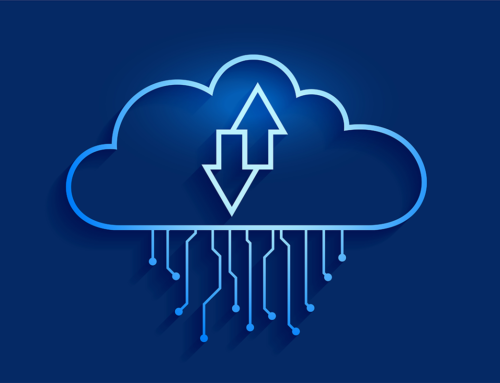When it comes to website performance, speed is a critical factor that can make or break the user experience. Slow-loading websites can lead to frustration and high bounce rates, while fast websites can enhance user satisfaction and increase conversions. In this blog post, we’ll explore why Website speed matters and provide tips on how to achieve it.
Firstly, a fast website can significantly impact user engagement. Visitors are more likely to stay on a website and explore its content if the pages load quickly. On the other hand, a slow website can lead to a negative impression, making visitors less likely to return in the future. Moreover, search engines prioritize fast websites, as they provide a better user experience. As a result, having a fast website can improve your search engine rankings, making it easier for users to find you online.
To achieve a fast website, there are several things you can do. Firstly, optimize your images and media files by compressing them to reduce their file size. This can significantly reduce page load times. Secondly, minimize the use of plugins and scripts, as they can slow down your website. Only use the ones that are essential for your website’s functionality. Thirdly, leverage browser caching by setting expiration dates for static resources. This allows visitors to load your website faster as the browser doesn’t have to retrieve the same resources every time they visit your website.
In addition, consider using a content delivery network (CDN), which can distribute your website’s content across multiple servers worldwide. This allows visitors to access your website from the server that is closest to their location, reducing load times. Finally, consider upgrading your hosting plan to a faster one, such as a dedicated server or virtual private server (VPS). This provides more resources to your website, resulting in faster loading times.
In conclusion, a fast website is crucial for user engagement, search engine rankings, and ultimately, the success of your business. By optimizing your images, minimizing scripts, leveraging browser caching, using a CDN, and upgrading your hosting plan, you can achieve a fast website that provides an excellent user experience. Don’t let a slow website hinder your online success. Take action today and improve your website’s speed.




